Factions at war as Gladys Berejiklian’s crisis cabinet weighs tactics
The state’s most senior pandemic decision-making body has buckled under the strain, seemingly unable to stop daily records in Covid cases.
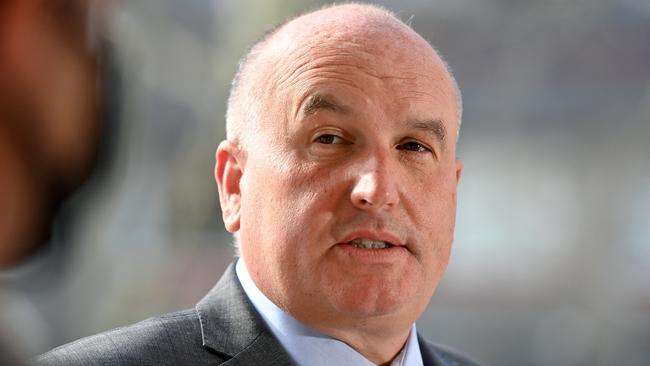
In the end, it was a late Friday phone call that sealed the deal and resulted in some of the harshest restrictions to be imposed on Sydneysiders during the pandemic.
NSW Premier Gladys Berejiklian had one day earlier assured Police Minister David Elliott that his officers would be handed whatever powers they thought necessary to curb the movement of people around the city – and hopefully stop the ever-rising numbers of Covid-19 infections.
By Friday afternoon, however, it had become clear to Mr Elliott that final approval for his proposals from the NSW crisis cabinet – the government’s most senior ministers charged with guiding the state through the pandemic – would not be forthcoming.
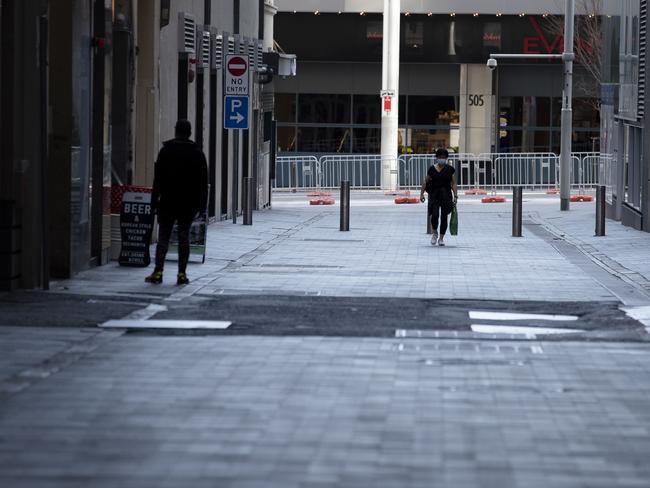
Mr Elliott and Police Commissioner Mick Fuller had wanted a 5km restriction on outdoor exercise to make it easier to track those breaking health rules and stop large numbers congregating at the city’s beaches and parks.
Even worse, he had learned that the pre-agreed measure had been deleted from the agenda by staff attached to Ms Berejiklian’s office, meaning the crisis cabinet had not even discussed the matter.
This is the story about how the state’s most senior pandemic decision-making body has buckled under the strain of Covid-19 cases, seemingly unable to stop daily records in case numbers.
Renowned for his ability to kick up a stink, Mr Elliott picked up the phone. By 10.30pm, the NSW Premier had reversed the decision, overriding her office and crisis cabinet without a formal debate on the drastic measure, now being enforced by a legion of police officers in suburbs across Greater Sydney.
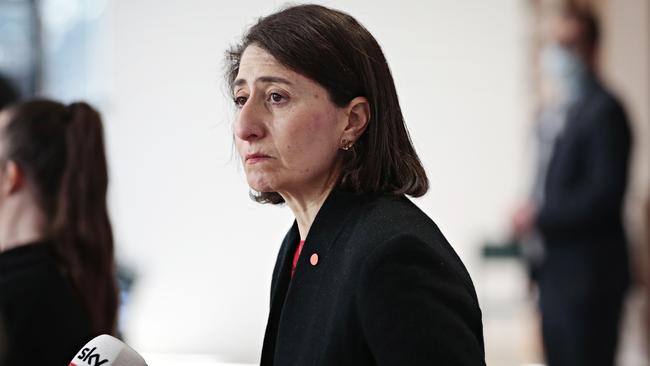
Tensions boil over
Facing serious pressures, the crisis cabinet has found itself once again battling the opposing winds of life preservation and economic ruin, but the Delta variant has created a combustible, deteriorating atmosphere among officials attempting to steer the state out of this calamity.
At a meeting last Wednesday, tensions boiled over when Mr Fuller pleaded with Ms Berejiklian and her ministers that they strengthen the wording of the public health orders.
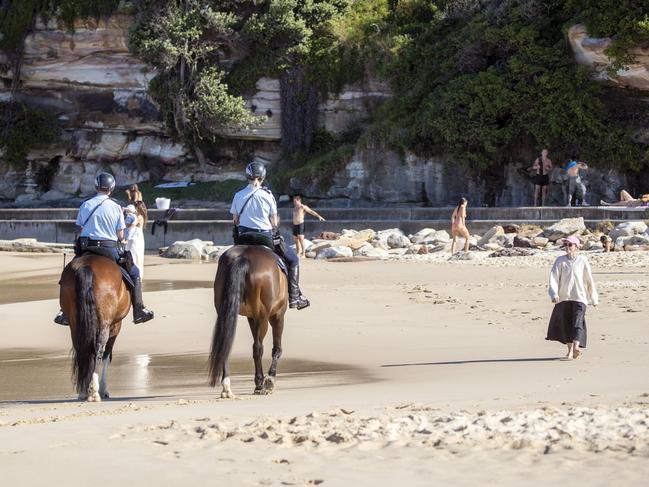
Given five minutes to make his case, Mr Fuller was emphatic: the orders were vague, they had been drafted without regard for how frontline police would enforce them, and they were contributing to a surge in rule-breaking across the suburbs.
Ms Berejiklian, a strong supporter of Mr Fuller, turned to Health Minister Brad Hazzard, one of her closest allies in the crisis cabinet room. Having just endured a blunt critique of his department, he dismissed the concerns in a brush-off described by observers as “outrageous”, “terrible” and “rude”.
“Well that’s just waffle,” is how one official recounted his response to Mr Fuller.
Factional discord
Mr Hazzard and Ms Berejiklian comprise what some officials describe as a faction within the crisis cabinet, with a shared tendency for risk aversion and the weight they afford to the advice, delivered each session by Kerry Chant, the chief health officer.
The crisis cabinet’s second faction comprises its pro-business and pro-economic revivalists, including Deputy Premier John Barilaro, Treasurer Dominic Perrottet, Jobs Minister Stuart Ayres and Customer Service Minister Victor Dominello.
Dr Chant is known for her caution on reopening the economy and opposition to any measure that could increase infections, even by a slim margin.
“Kerry Chant’s measure of success is zero cases and zero deaths. That’s her job,” an official said. “NSW Health is never going to support the opening of anything because the outcome they want to obtain is zero community transmission.”
Yet it was not NSW Health’s position that the construction industry should be shut down for two weeks, although officials made a case to the crisis cabinet that mobility across the state needed to be reduced. When it came time to lift the ban on construction, health officials opposed the move because of its inevitable increases to mobility.
“But life’s not black and white,” one official told The Australian. “We’re going through the most difficult time of the last two years. Has there been a bit more heat in the discussions? Yes. But I don’t think that’s a bad thing. The Premier’s job is to weigh the whole thing up and make a call.”
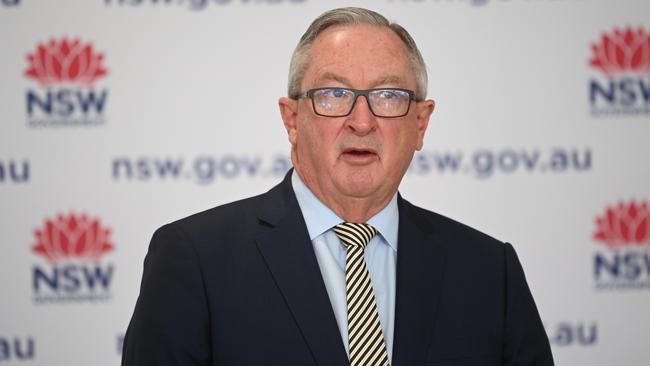
Back-channel support
Yet allegiances have been known to shift. Mr Dominello, previously considered a loyalist of the Premier and criticised for cleaving too closely to whatever she seemed to favour, has gravitated elsewhere in recent months. “He’s big on the road map,” an official said, referring to plans drafted by Mr Barilaro and others to safely extract the state from its lockdown using vaccination targets as its guide.
As case numbers rose intractably last month, Mr Barilaro surprised colleagues by signalling his support for a construction ban, citing it as a drastic and necessary evil to quash stubborn infection rates; Mr Hazzard stunned the meeting by siding against the proposal with Mr Perrottet and Mr Ayres, the strongest pro-business alliance in the room.
Proposals have been dished up, reworked, thrown out and discarded, prompting some ministers to seek back-channel support before each meeting to avoid a humiliating rejection in front of colleagues and bureaucrats.
“You’ve got to iron out the kinks before you walk into the room,” one minister said.
Although Ms Berejiklian publicly states that NSW is on track for eased restrictions in September, in reality there have been almost no discussions within the crisis cabinet about what this might entail, according to people briefed on the matter, who said the intensity of the current crisis had taken precedence.
“(Mr Hazzard and Ms Berejiklian) are not game to have those conversations just yet,” one official said. “We’re in the midst of the worst of it,” said a second official.
“As the case numbers increase, it becomes very difficult to talk about how things look when, at the moment, the race is on for the vaccination, the race is on to get the case numbers down.”


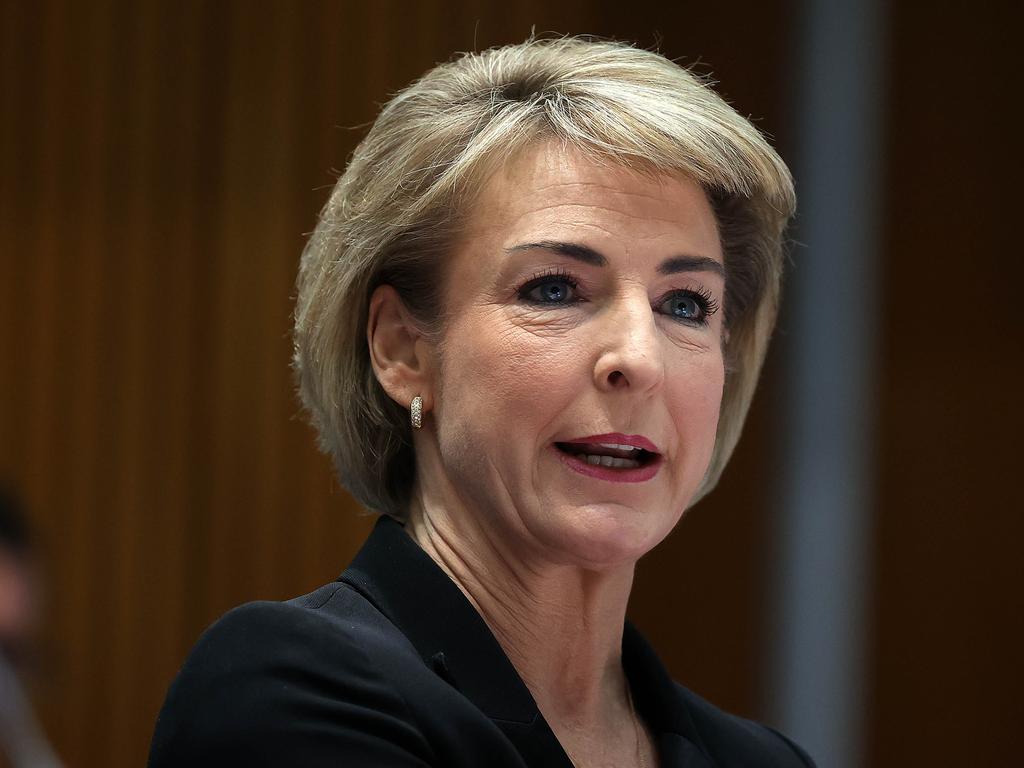
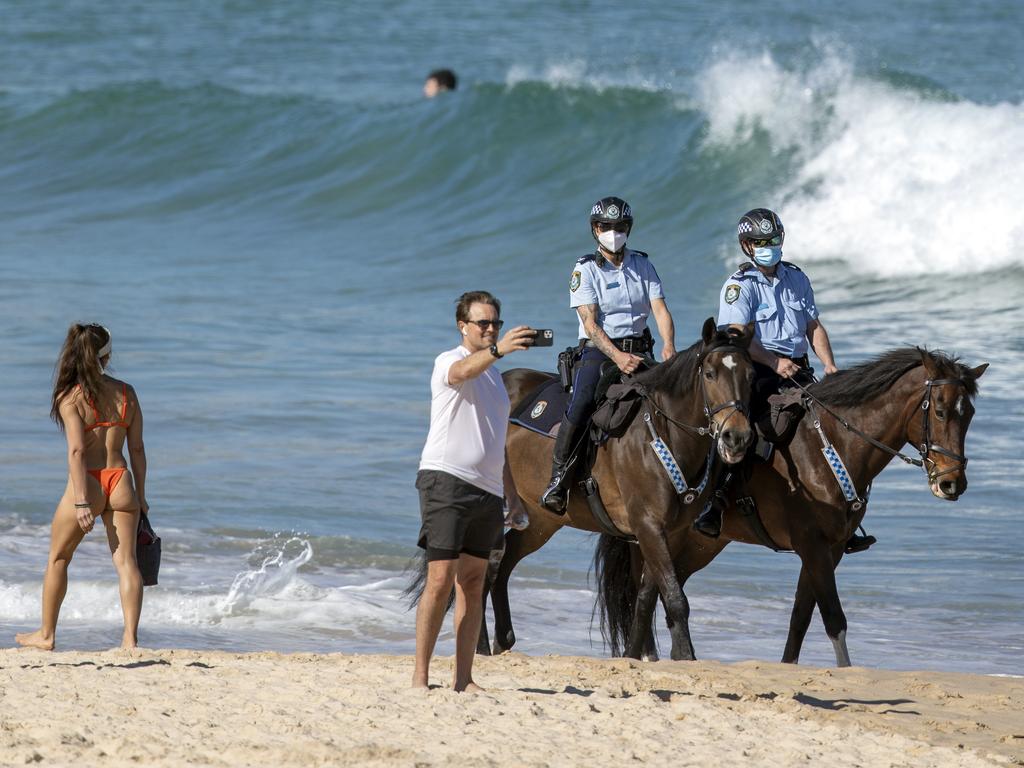
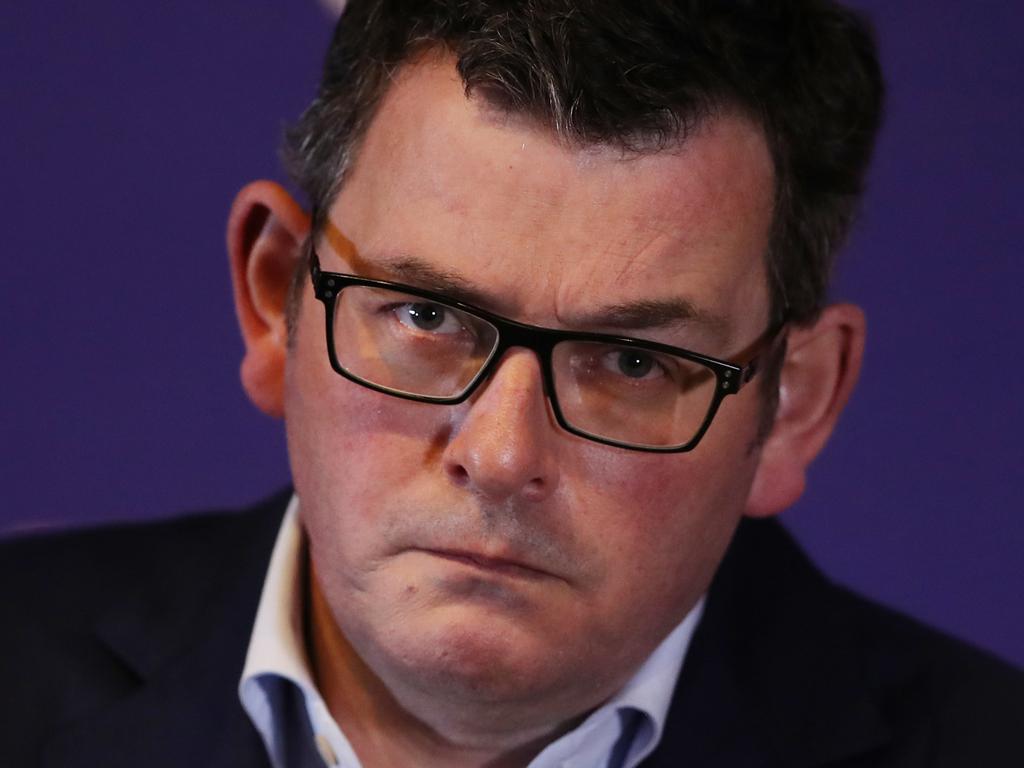
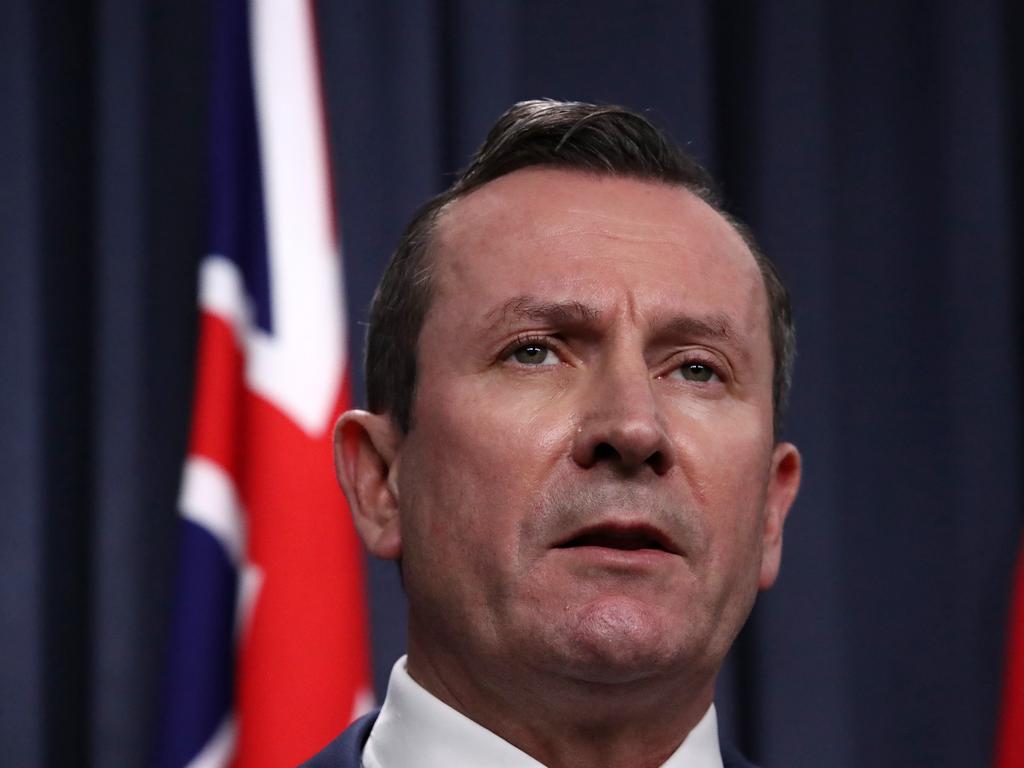


To join the conversation, please log in. Don't have an account? Register
Join the conversation, you are commenting as Logout